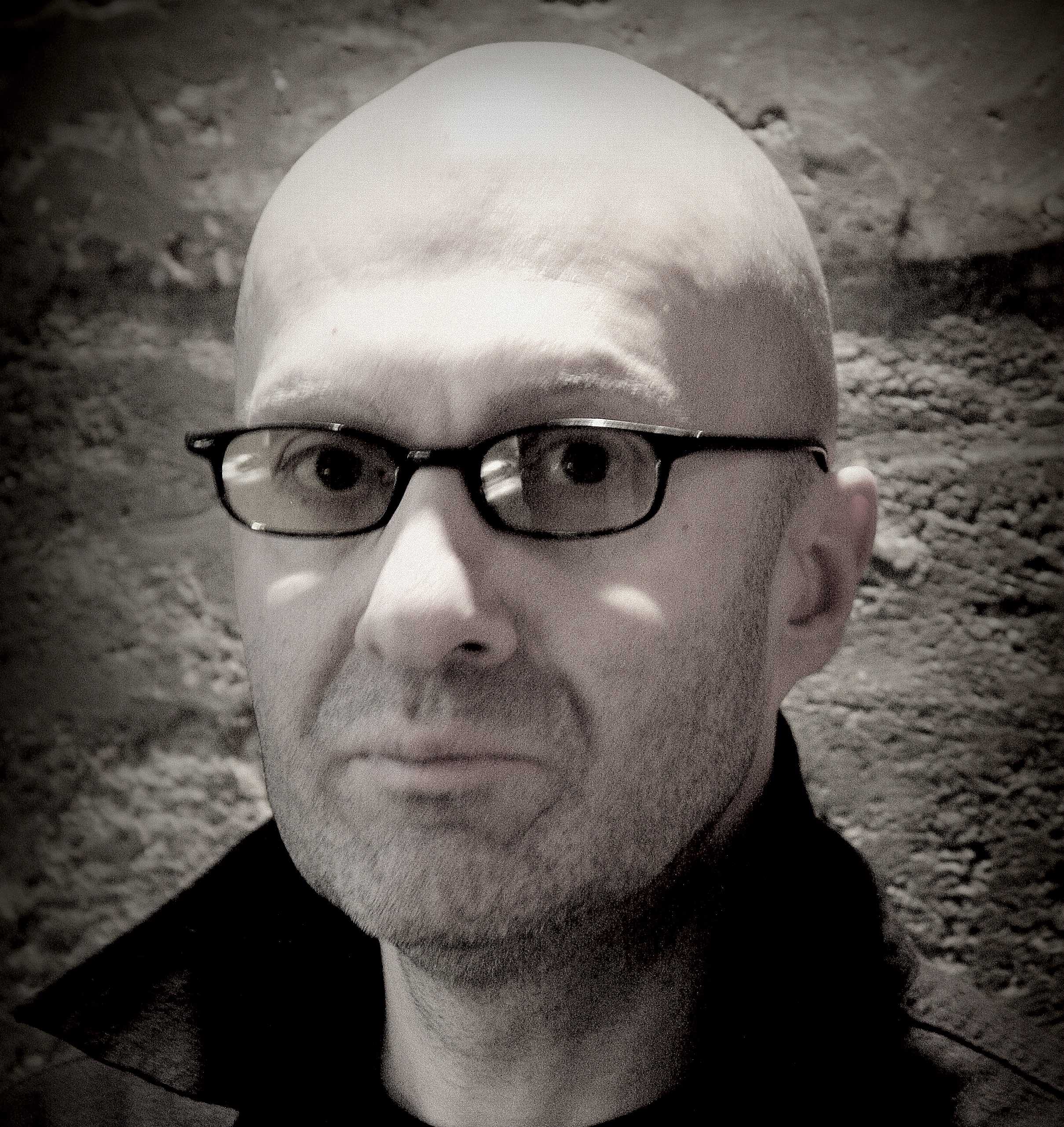Anton Batagov is a Russian composer and pianist, who is one of the most influential Russian musicians of our time.
As a performer, Batagov introduced the music of John Cage, Morton Feldman, Steve Reich, and Philip Glass to Russian audiences. His debut CD, a 160-minute recording of Messiaen’s Vingt regards sur l’Enfant Jesus (1990), became a major sensation. Three years later Richard Kostelanetz characterized his 1993 recording of Bach’s “The Art of the Fugue” as “the most stunning interpretation of Bach since Glenn Gould.” In 1997 Batagov stopped performing live, and since then, he had been focusing on composition and studio recordings for 12 years.
As a composer, Batagov has his own unique voice. The post-minimalist language of his compositions is rooted in the harmonic and rhythmic patterns of Russian church bells and folk songs seamlessly mixed with the spirit of Buddhist philosophy and the dynamic pulse of early Soviet avant-garde. His discography includes over 40 albums. Batagov is the author of several movie soundtracks, and original music for major Russian TV channels.
In 2009, after twelve years of seclusion, he returned to live performances. Since then, he has been performing a series of unique solo piano programs. The critics and audiences call his recitals “a revelation”, “a work of enlightened person”.
Anton Batagov has been performing works of Philip Glass for over 25 years. Three albums are available on Orange Mountain Music: Prophecies (his piano arrangements of scenes from Einstein on the Beach and Koyaanisqatsi); The complete Etudes; The Hours/Distant figure (music from The Hours and a composition written by Philip Glass for and premiered by Anton Batagov.


